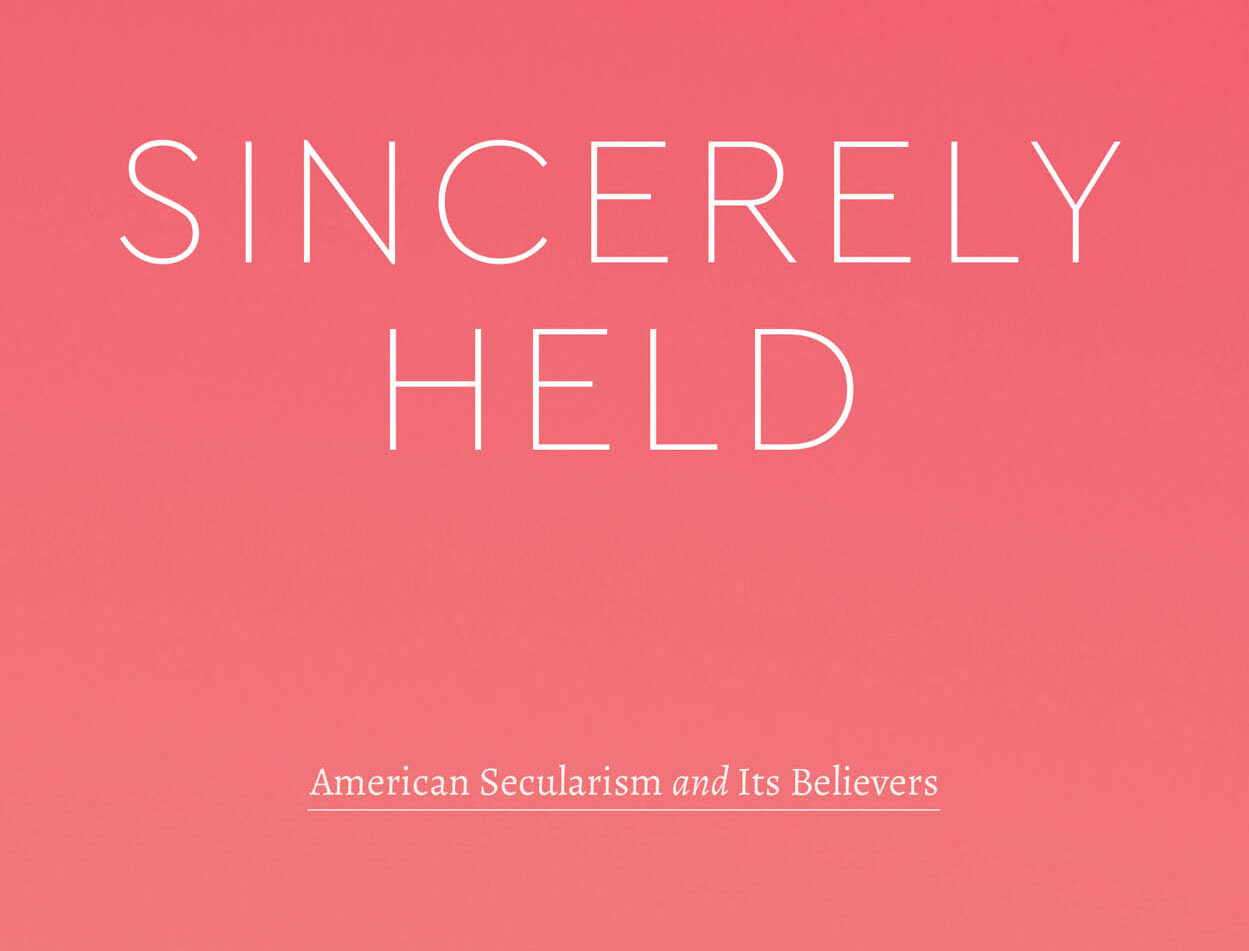In this episode, Charles McCrary joins Matt Sheedy to discuss the role of sincerity in shaping American conceptions of religion that he explores in his recent book Sincerely Held: American Secularism and Its Believers (University of Chicago Press, 2022). Tracing a cultural history of “sincerely held religious beliefs,” from 19th century court cases on fortune telling and the policing of morality in New York, to conscientious objectors in the 1940s and 1960s, McCrary helps us understand how the U.S. Supreme Court has determined who and what counts as ‘religious’ as American secularism developed over the last century. Questions of race, gender, and sex are also in the mix, as recent cases have shifted the burden of sincerity from the protection of ‘minority’ beliefs to the rights of people and corporations to deny people services if they feel it violates their religious freedom.
Also, as noted by Charlie and Matt in the episode, this discussion is a great conversation partner for our recent episode with Finbarr Curtis, “Spitting on the Sacred: Politics and Redefining Profanation“—be sure to check it out if you missed it!






